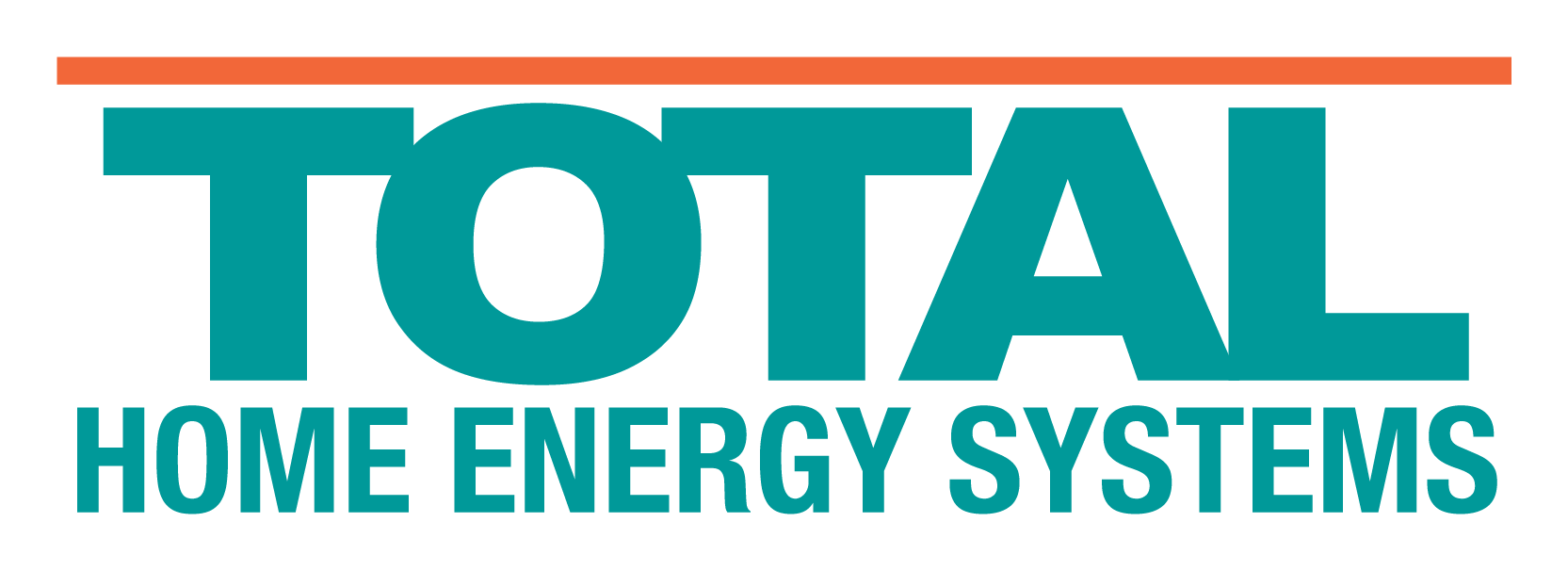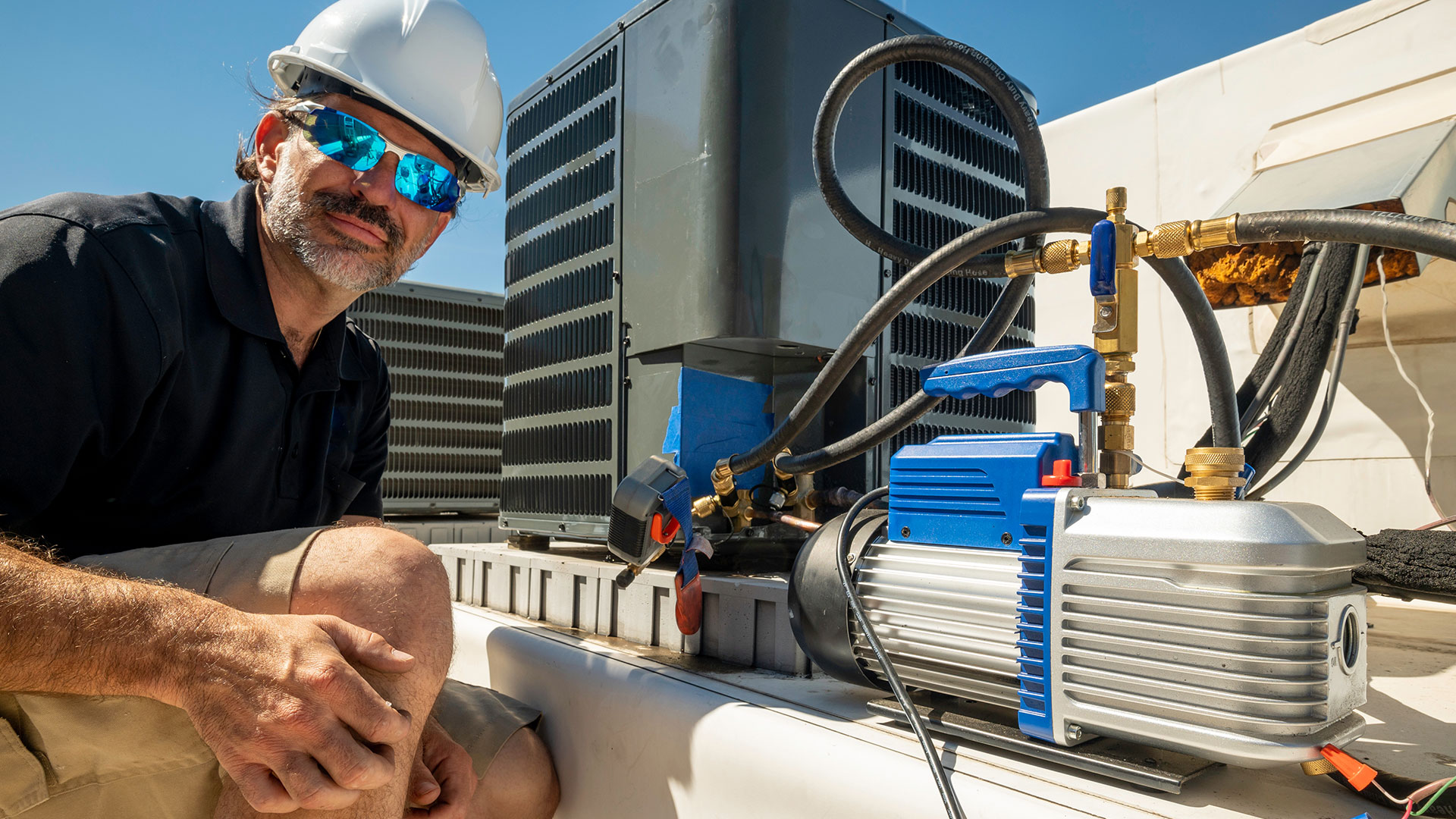What is an HVAC System and How Does It Work?
An HVAC system stands for Heating, Ventilation, and Air Conditioning. It’s a crucial technology for making indoor spaces comfortable by controlling temperature and humidity. Let’s explore what makes HVAC systems essential and how they differ from regular air conditioning units.
HVAC vs. Air Conditioning
Air conditioning is just one part of an HVAC system. While air conditioning cools indoor spaces by using a refrigerant to absorb heat, HVAC systems do much more. They provide heating, ventilation, and humidity control in addition to cooling. This means HVAC systems ensure comfort year-round, regardless of the weather outside.
Components of an HVAC System
- Heating: During colder months, the heating component—often a furnace or heat pump—keeps your space warm.
- Ventilation: This involves exchanging indoor air with fresh outdoor air, maintaining air quality.
- Air Conditioning: This cools the air using a refrigeration cycle.
- Humidity Control: HVAC systems manage humidity by adding or removing moisture as needed.
How HVAC Systems Work
HVAC systems operate in cycles. The air conditioner cools the air, the furnace heats it, and the ventilation system circulates it throughout your home. This constant circulation helps maintain a stable indoor temperature and air quality.
Types of HVAC Systems
Several types of HVAC systems exist:
- Split Systems: Separate units for heating and cooling.
- Hybrid Systems: Combines a traditional furnace with a heat pump.
- Duct-Free Systems: Uses individual units in each room.
- Packaged Systems: Combines all components in one unit.
Each type has unique benefits and is suited to different needs based on factors like building size and climate.
Importance of Proper Sizing
Choosing the right size HVAC unit is crucial. An oversized unit will frequently cycle on and off, wasting energy. An undersized unit will struggle to keep up with extreme weather. Proper sizing ensures efficient operation and consistent comfort.
Maintenance and Installation
Regular maintenance is key for HVAC efficiency. Common issues include refrigerant leaks and sensor problems, often due to wear and tear. To avoid major problems, schedule annual professional maintenance. Proper installation also prevents many issues and ensures the system runs smoothly.
Air Balancing and Fresh Air Intake
Air balancing ensures even air distribution throughout your home. Fresh air intake helps improve indoor air quality by bringing in outside air, particularly in centralized systems.
Benefits of HVAC Systems
HVAC systems are used in homes, offices, and industrial settings for their comfort and efficiency. They offer:
- Comfortable indoor temperatures
- Improved air quality
- Humidity control
- Energy savings
Conclusion
Understanding your HVAC system helps you manage your heating and cooling needs effectively. From choosing the right system to ensuring proper maintenance, each step is vital for optimal comfort and efficiency. For expert advice and services, contact Total Home Energy Systems at (519) 664-2008.

